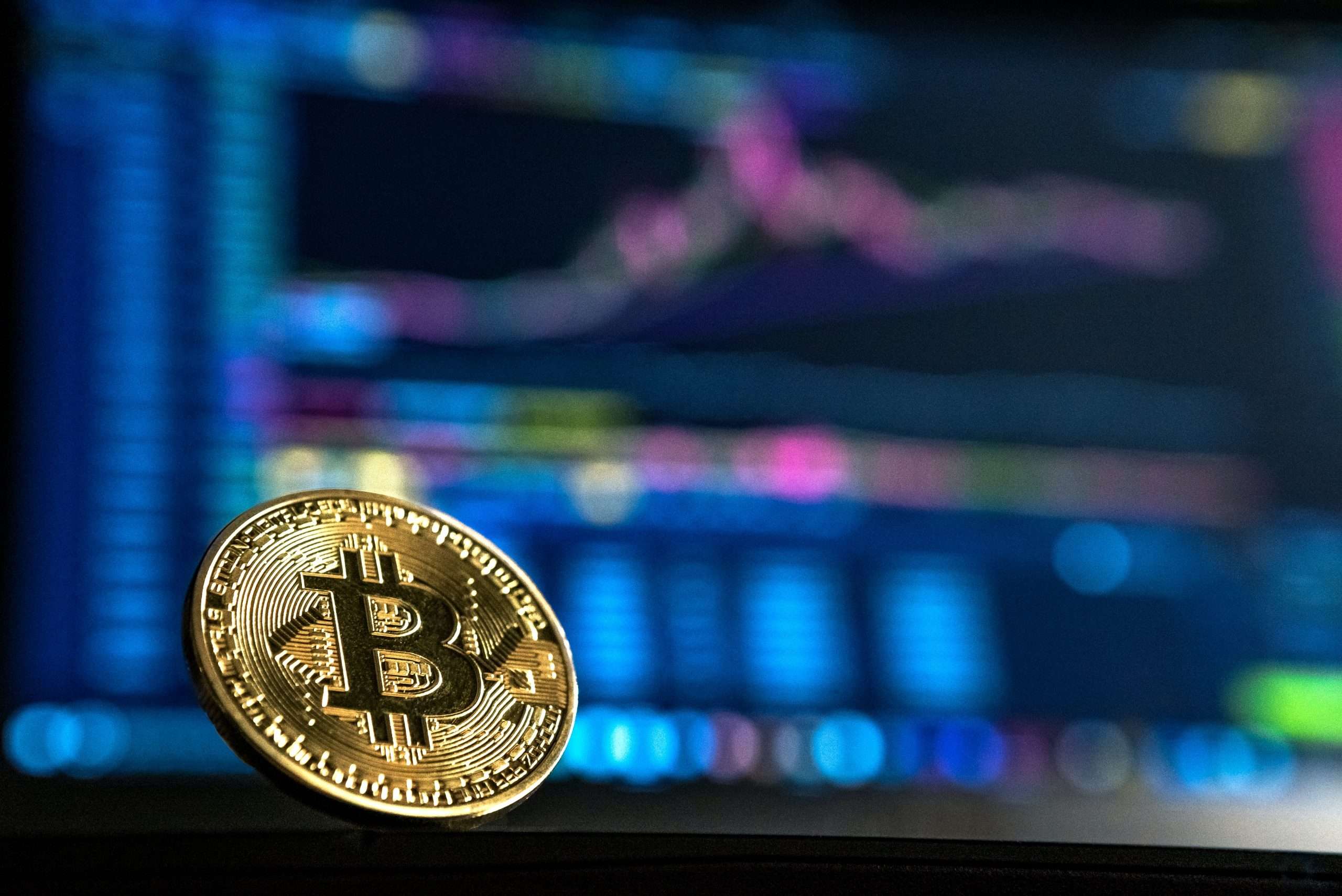Since its inception in 2008, the most prominent cryptocurrency, Bitcoin, has been met with widespread skepticism throughout the majority of the world.
It is difficult for governments to accept this innovative form of money because it appears to be a scheme to make quick money, and many people believe that due to its complexity, it’d only be useful to people who are knowledgeable about technology.
To this day, there are concerns that unscrupulous actors may use Bitcoin to clean their dirty money and disguise their footprints while doing so.
However, another issue that will never be resolved is the high degree of volatility associated with crypto assets.
Bitcoin, on the other hand, is still the most potentially destabilizing and life-changing alternative to existing banking markets in Africa, in spite of all the uncertainties surrounding the concept of bitcoin itself.
Africa Is About to Experience a Rise in Financial Inclusion Thanks to Bitcoin
According to CNBC (1), the banking system in Africa is worth 86 billion dollars. Nevertheless, with Bitcoin’s assistance, the system is capable of accomplishing far more.
Cryptocurrency would make it easier for people in Africa who do not have bank accounts to join the financial system. Even more so considering that the overwhelming majority of people in Africa do not have bank accounts.
The majority of people, especially those living in rural and remote areas, have restricted access to commercial banks; however, the options available through digital banking are not even an improvement in this situation.
And this doesn’t even take into account the never-ending hyperinflation & capital controls imposed by African governments.
At the present time, the majority of the national currencies used in Africa are no longer reliable places to keep money. Sanctions imposed by international bodies also add to the strain, which ensures that Africa is cut off from the economy of the rest of the world.
In light of this, a virtual currency such as Bitcoin, which does not require any intermediary to authorize transactions, might just prove to be the savior of the continent.
The quasi-colonial payment structure of Africa is also a contributing factor to the systemic problems that beset the continent’s financial industry.
Offshore processing accounts for approximately 80 percent of all international payments made by African banks. That would undoubtedly result in higher costs, not to mention an extended period of time required to complete the relevant transactions.
Interoperability is another significant challenge facing Africa’s financial infrastructure
According to Ray Youssef, CEO of Paxful, the issue of interoperability has caused the entire financial system of Africa to come dangerously close to collapsing.
In order to hammer home his point even more in relation to this topic, Youssef stated, in part, to CNBC:
“There are 2,000 different payment networks, but only 2% of them communicate with one another. That figure keeps climbing higher and higher. That is not getting any better; in fact, it is getting much worse.”
Bitcoin may very well be set to save the day in light of the significant problems that have plagued the banking system in Africa.
By removing the need for expensive middlemen and making it possible for citizens to transmit and receive digital payments with one another, exorbitant transaction fees can be avoided.
Presently, Bitcoin is trading at $27,767, down 0.7 % on daily chart.

